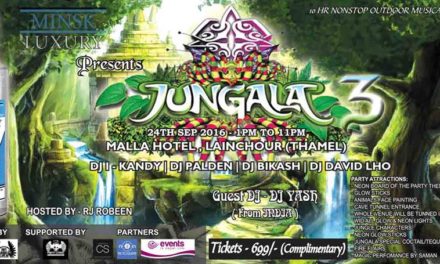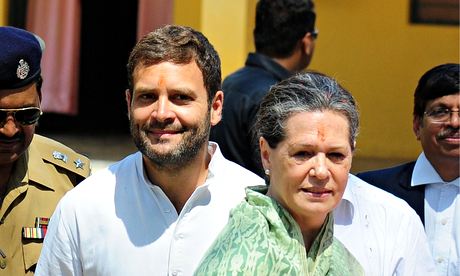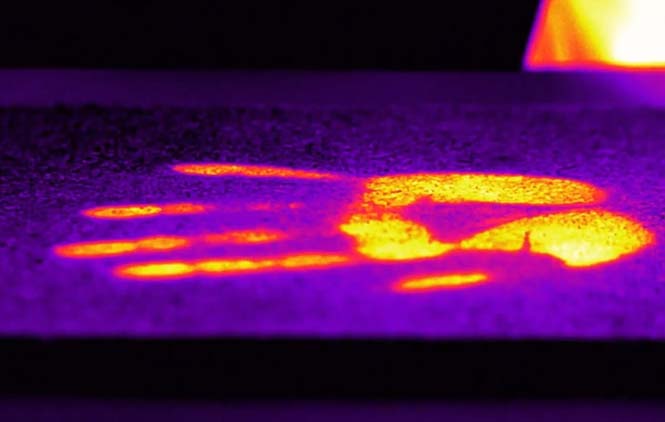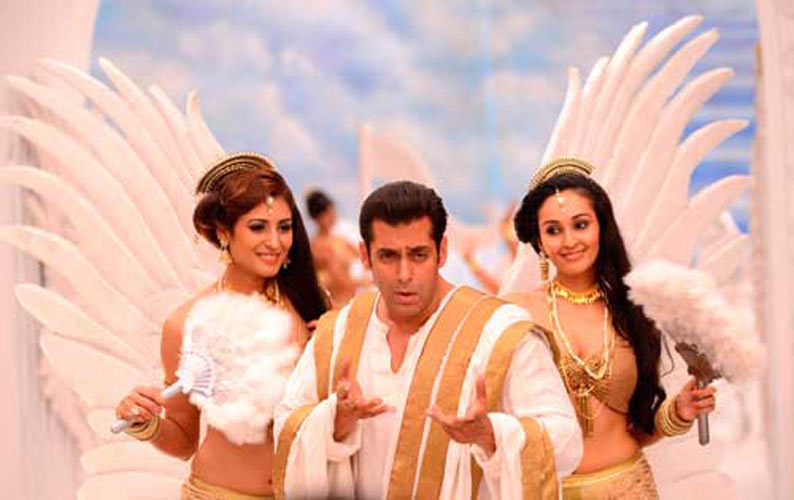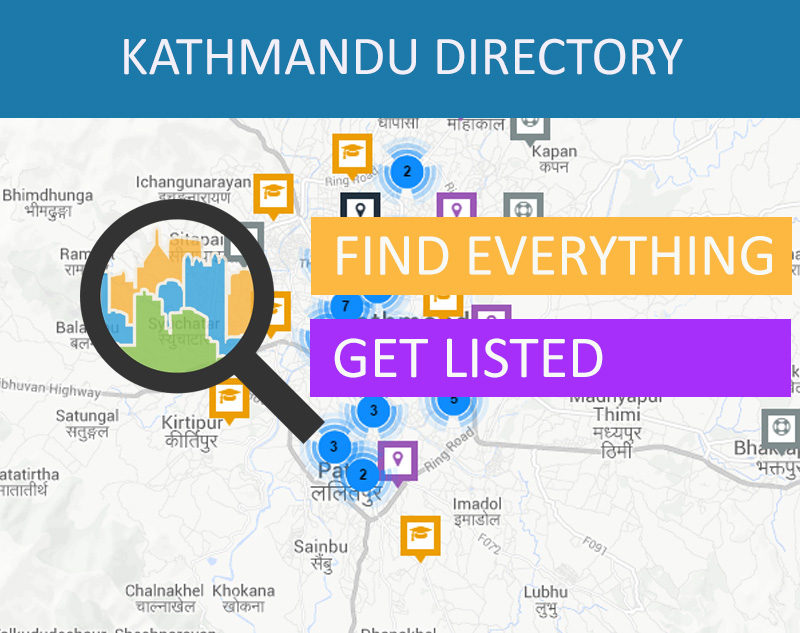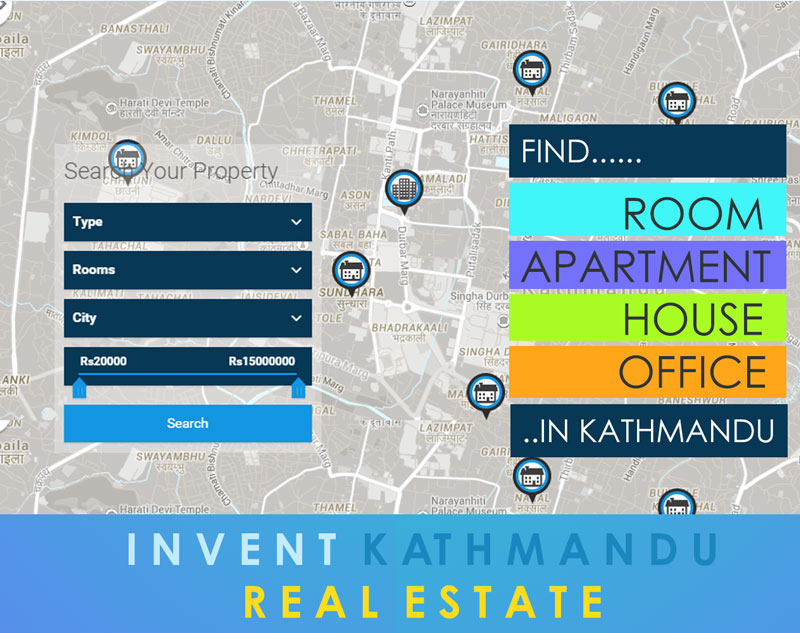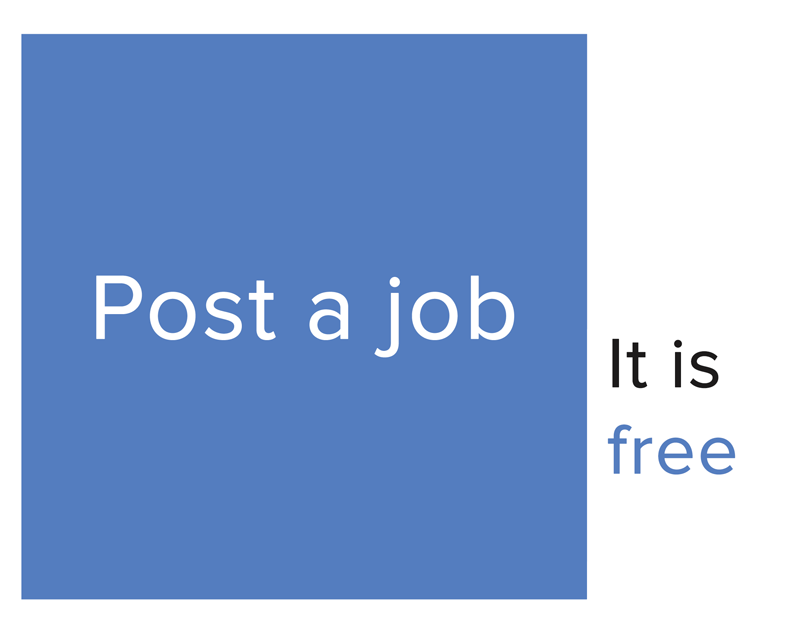
Rahul Gandhi faces poll disaster as India is set for historic vote
Two polls released hours before voting starts in India‘s general election show the Hindu nationalist opposition set for a huge victory with the ruling Congress party facing a debacle.
The two main contenders in the increasingly bitter battle to lead the world’s biggest democracy intensified their campaigning – and their personal duel – before the first of 815 million eligible voters head to the polls on Monday.
One poll suggested that Narendra Modi, the controversial 63-year-old prime ministerial candidate of the Bharatiya Janata party (BJP), might come close to an outright majority. A second said the BJP would miss a majority by about 30 seats in the powerful 545-seat lower house.
India has been ruled by coalition governments for decades and debate among analysts in Delhi now largely centres on the margin of the BJP victory, not on its likelihood. The polls showed support for Modi’s rival, 43-year-old Rahul Gandhi, slipping. The ruling centre-left Congress party, which has ruled India for all but 13 years since it won independence from Britain in 1947, now appears to be facing its worst ever defeat.
Gandhi is the scion of the Nehru-Gandhi dynasty – one of the world’s most famous political families. The former management consultant, who is widely criticised as distant and inexperienced, has seemed unable to counter his opponent’s confident campaign. One Congress minister admitted last week that the party’s aim was now “stopping The Man”, a reference to Modi.
Vinod Mehta, a Delhi analyst and journalist, said that dynasties must deliver to thrive. “These are bad days for the dynasty … The question now is what sort of prime minister will Modi be?” he said. One of the most polarising politicians in India for years, Modi came from humble origins to win power in the western state of Gujarat before being projected onto the national stage.
Critics see him as an extremist who, when chief minister in 2002, allegedly allowed or encouraged mobs to attack Muslims in towns across Gujarat after a lethal fire supposedly started by Muslims on a train full of Hindu pilgrims. Modi denied the allegations and investigators cleared him of any direct involvement in violence, but his reputation still concerns many.
The former senior organiser of the Rashtriya Swayamsevak Sangh, a nationalist and religious revivalist organisation, Modi is also accused of an authoritarian style of government at odds with India’s tradition of political compromise and consensus-building.
Others, including some of the most powerful industrialists in India, say Modi is an honest and decisive administrator who has introduced policies that have encouraged development in his state and could be reproduced elsewhere if he were prime minister.
“My gut feeling is that Modi is not a fool and realises the difference between governing Gujarat and governing India, and that if he tries to impose one man’s rule on the whole country he won’t last very long,” said Mehta.
Congress complained on Saturday to India’s election commission about comments by Amit Shah, an associate of Modi, in the key battleground state of Uttar Pradesh (UP) which suffered sectarian violence last year.
“In Uttar Pradesh, especially western UP, it is an election for honour. It is an election to take revenge for the insult. It an election to teach a lesson to those who have committed injustice,” Shah reportedly told community leaders. Congress accused him of “creating animosity between communities”.
Election commission officials called for calm and moderation as the election moved into what one called its most “active and aggressive” phase. “We are saying, please do not get too emotional, or do outbursts or conduct or behaviour that would not be appreciated by others,” said Harishankar Brahma, one of three commissioners charged with overseeing the biggest democratic exercise in the world.
Over the coming six weeks, the commission will arrange voting at 930,000 polling stations. The election takes place in nine separate phases to allow the redeployment of more than five million police officers. A big cricket tournament has been shifted to Dubai because it would have stretched policing resources, Brahma said.
On Monday constituencies in the restive north-east of the country will vote. Later in the week, tens of millions more will go to the polls in tense areas hit by leftwing violence. The voting is due to be completed by 12 May with the result announced four days later.
Congress, in power since 2004, has been hit by faltering growth, a failure to control inflation – particularly of basic foodstuffs – and corruption scandals. Massive subsidies and a Right to Food Act do not appear to have convinced voters. Ministers say that they have failed to communicate “substantial achievements”.
The BJP manifesto will be released on Monday after a delay that some analysts believe has been caused by internal dissent over the nature and pace of economic reforms to be implemented if the party wins power. Senior officials have indicated that job creation would be a priority.
But Gandhi on Saturday said the BJP’s vision of “India shining” impliedeconomic growth benefiting only a tiny elite. “An India where five, 10, 15 business people have everything, an India where prosperity is limited to a few people. Only Congress brings prosperity and industry together,” he told a rally in Kerala state.
Modi is fighting in two seats, including the holy city of Varanasi. There he will confront Arvind Kejriwal, of the new Aam Admi (Common Man or AAP) party. The AAP manifesto, released last week, promised tough action against graft, a citizen’s charter to punish slow or incompetent officials, radical devolution of power to village level and wide-ranging reform of the police.
Some analysts have said the AAP fills a space previously filled by the Communists, now reduced to a minor role in Indian politics and likely to emerge with about 20 seats. Surjit Bhalla, an economist, wrote of “the impending demise of the left” in the Indian Express.
One key question is whether the BJP has made inroads among India’s 150 million Muslims. On Friday a senior cleric in Delhi came out insupport of Congress, saying the party would strengthen the country’s tradition of secularism and describing communalism as a “bigger threat” to the country than corruption.
“We have complaints against Congress, but that doesn’t mean we will vote for people who want to divide the country,” said Syed Ahmed Bukhari, the imam of the vast Jama Masjid in Delhi’s old city.
Support from Muslims elsewhere, particularly in Uttar Pradesh, which sends 80 representatives elected by 130m eligible voters, or West Bengal, is critical for Congress and regional parties.
For the first time, a “none of the above” option has been included on ballot papers.
(Jason Burke in Delhi The Observer,


